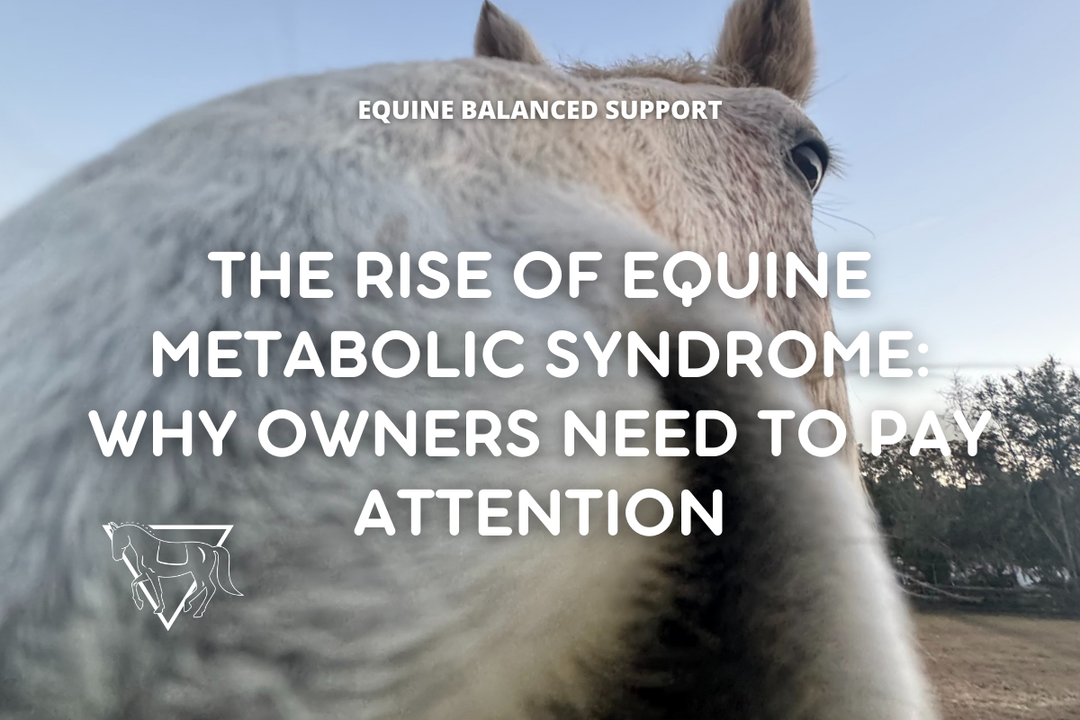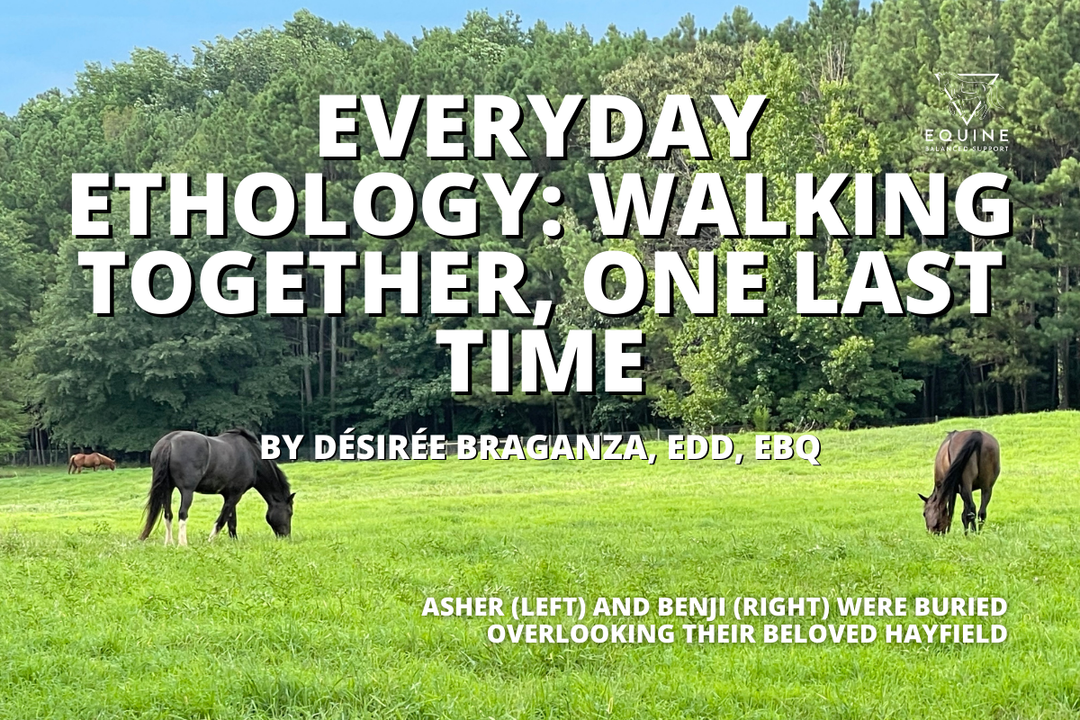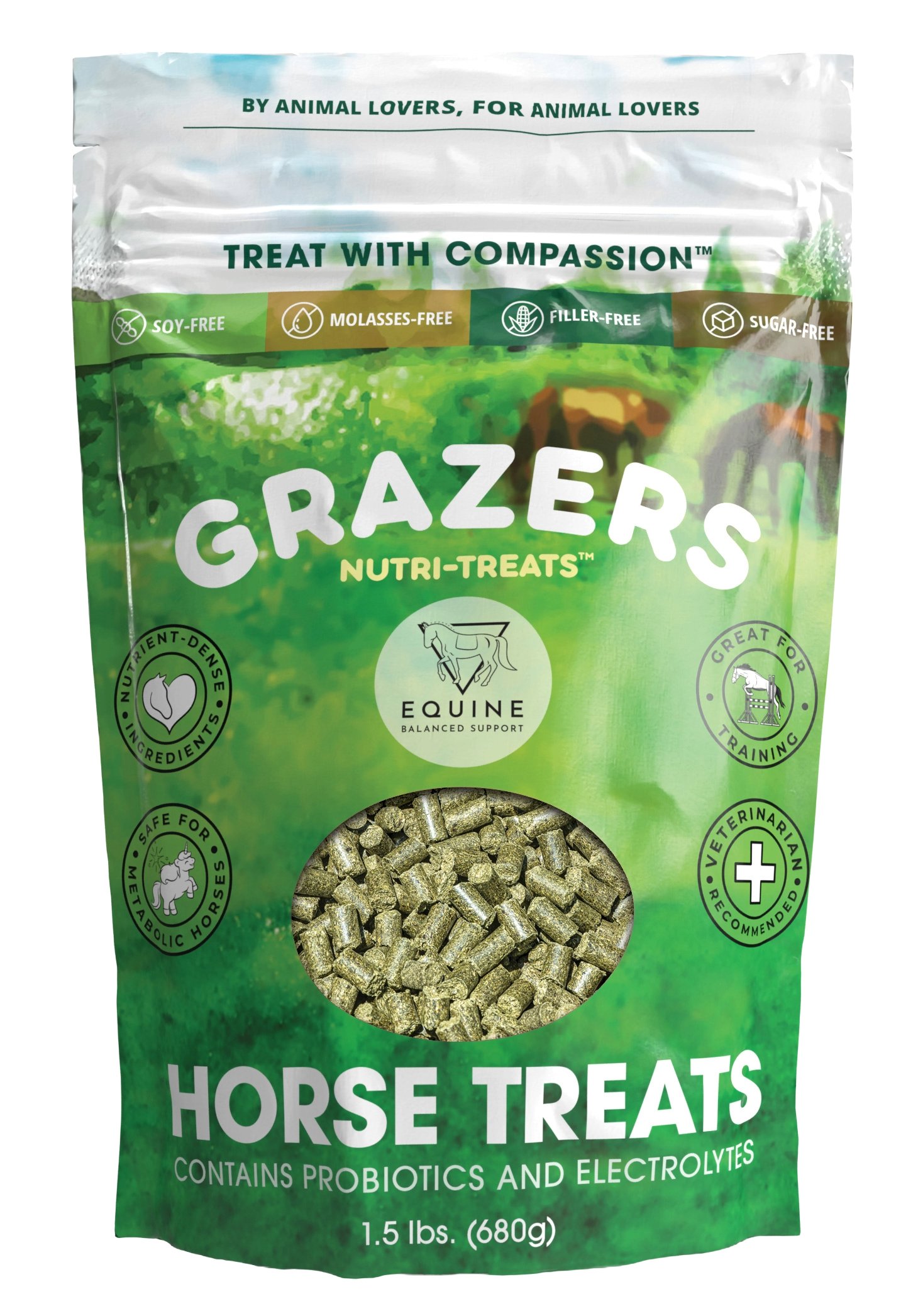News

Equine Metabolic Syndrome (EMS) is a growing concern in horse health, linked to insulin dysregulation, obesity, and laminitis. Modern feeding practices, genetics, and environmental factors are driving an increase in EMS cases. Learn how to recognize symptoms, identify at-risk horses, and implement diet and exercise strategies to manage and prevent EMS for a healthier, happier horse.

Saying goodbye to a beloved horse is one of the hardest decisions an owner can face. In this deeply personal reflection, Désirée Braganza, EdD, EBQ, shares the story of Asher and Benji’s final walk, exploring themes of connection, synchrony, and grief. With insights on end-of-life considerations, honoring a horse’s autonomy, and coping with loss, this piece offers comfort and perspective for those navigating similar moments.

Building a training plan for both you and your horse can feel overwhelming, but success comes from consistency, efficiency, and balance. Whether you have 15 minutes or an hour, you can make the most of your training time without feeling guilty. From rider fitness strategies to effective groundwork, this guide helps you create a program that works for your schedule while keeping your horse engaged and healthy.


Lateralization, or a horse’s natural preference for one side, impacts movement, training, and performance. This article explores its role in both wild and domestic horses, offering expert insights on why asymmetry isn’t always a flaw but a functional trait.







